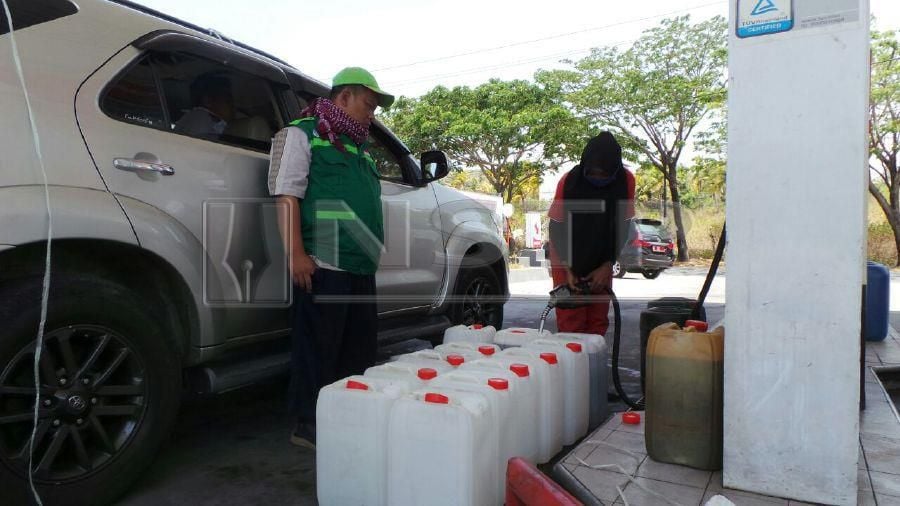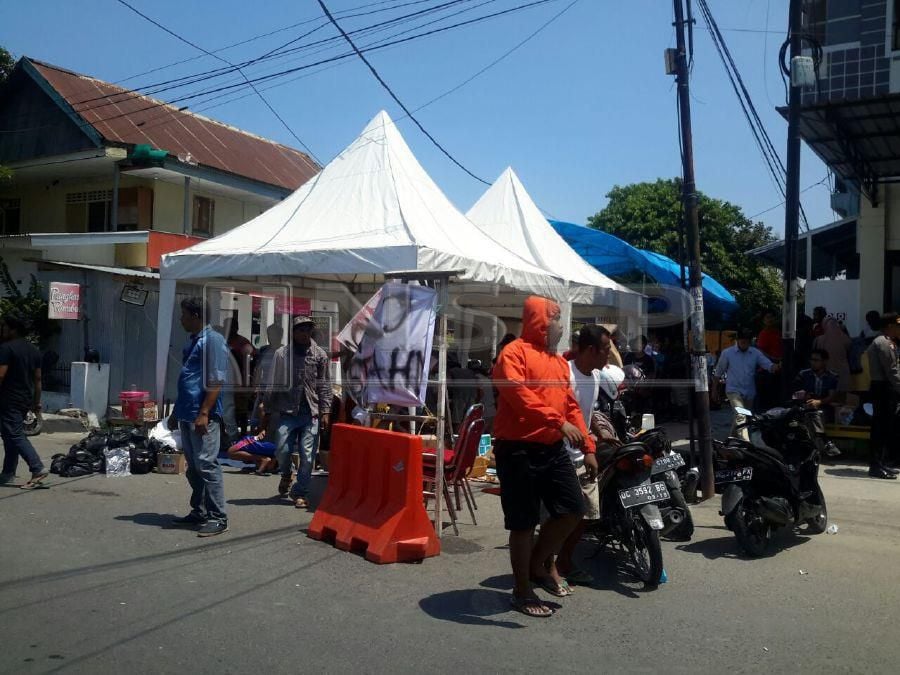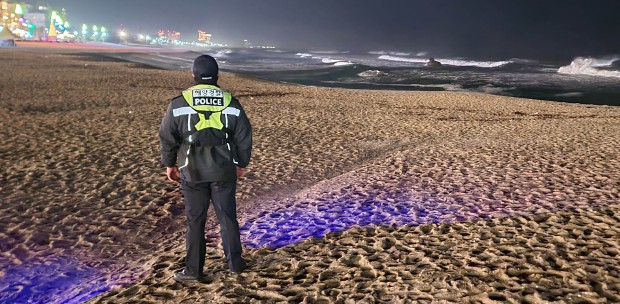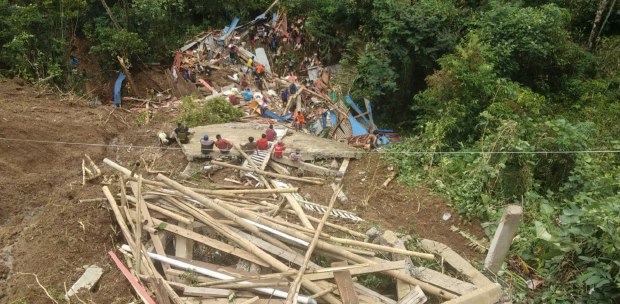THE journey to the earthquake and tsunami site in Palu, Sulawesi Tengah, was arduous and extremely challenging, that even those who have previously covered the 2004 tsunami in Aceh, Sumatera would attest to it.
Due to the closure of airports in Palu and Poso, Sulawesi, the writer and videographer Muhamad Shahir Othman were forced to take the land route to get to the destination located some 930km away from Makassar.
The duo only arrived in Makassar at 10pm due to a flight delay.
Pressing for time, they boarded a Toyota Innova at midnight to get to the destination, plying the narrow and winding roads; as well as the congestion at hundreds of small towns were among the obstacles that they had to overcome before reaching the disaster site.
To compound matters, several petrol stations situated along the route were found to have ran out of fuel, leaving the journalists, as well as the local villagers, in a state of despair.


“In Palu, it was like a dead town in kabupaten (district) Sigi and kabupaten Donggala. All Pertamina (state-owned oil and gas company) petrol stations were closed due to the earthquake and the fuel has ran out.
“Even if we manage to reach there (Palu), I fear that we would not be able to make it back in Makassar. The 930km distance is too far. There is no life there,” said Mohd Dedi Jefri, 29.
According to a local rescue personnel, fuel and drinking water were sold like ‘gold’ commodity at the disaster site.
“Normally, petrol is sold at 7,500 rupiah (about RM2) per litre. It is now sold at 100,000 rupiah (RM30) per litre (disaster areas).
“Even the small bottle of mineral water, which was previously sold at 1,000 to 3,000 rupiah (30 to 82 sen) is now priced at 50,000 to 70,000 rupiah (RM15 to about RM19) each.
The situation is bad and the residents are desperate because of the shortage of food and clean water,” he said.
Things were getting out of hand as some people had acted aggressively to stop vehicles carrying aids and forcefully seize the items from them.

“Things have gone of out control and the safety of volunteers and media members could not be guaranteed. Recently, the Indonesian National Armed Forces started taking action by monitoring the roads leading to the disaster site to prevent robbery,” he said.
While passing by small towns, namely, Majene, Malunda and Mamuju, The writer could see people gathering at temporary posts used as collection points for aids such as money, clothes and food to be delivered to the tsunami victims.
Many people were heard shouting words of encouragement like ‘selamat berjuang’ to vehicles ferrying volunteers and rescue personnel.
The chaotic situation was still apparent in Sulawesi as hundreds of vehicles, transporting aids, headed to Palu, Sigi and Donggala yesterday.
It will take a long time to restore these sites that were affected by a disaster of such huge scale.




